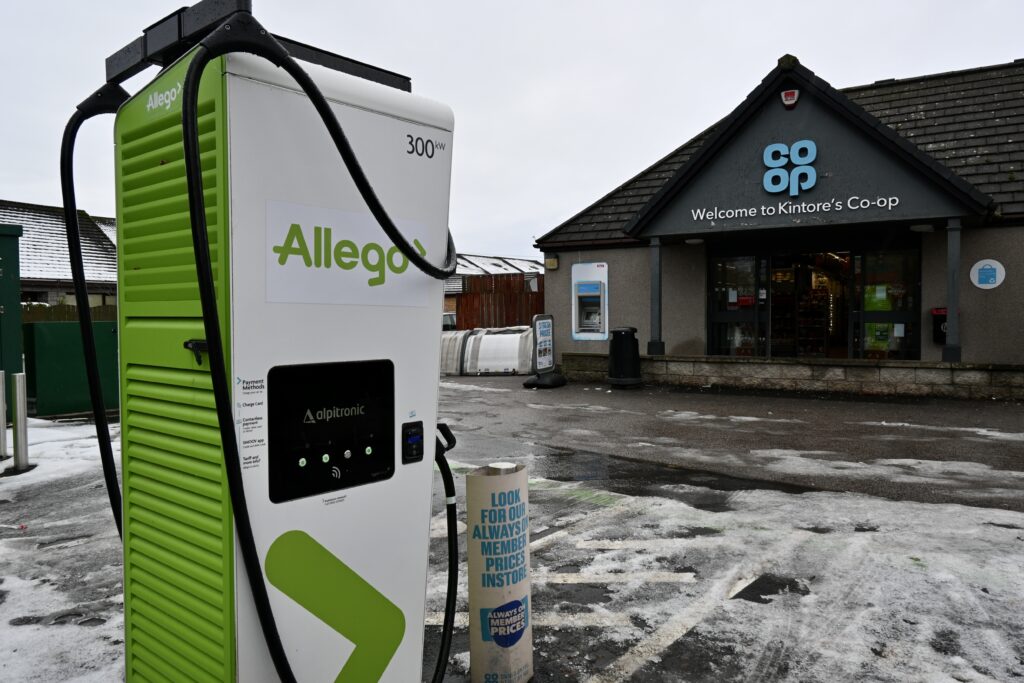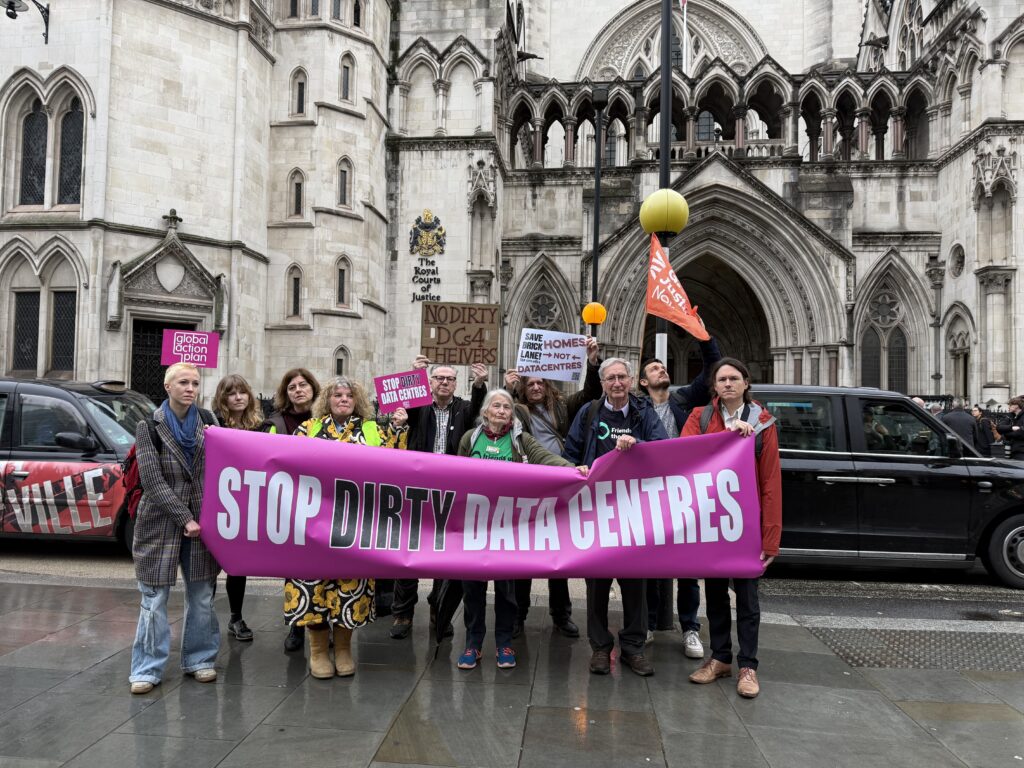As the UN Ocean Conference gathers momentum in France, Raffi Schieir, Director of Prevented Ocean Plastic, outlines the need to establish more effective waste management systems.
It was UN World Oceans Day last weekend, an important moment to reflect on the critical role of the world’s oceans. Coinciding with this week’s UN Ocean Conference, it was a chance to raise awareness about how the seas regulate our climate, support an astonishing diversity of life, and sustain the livelihoods of millions who live along the world’s coasts.
That’s why we must urgently confront one of the greatest threats to ocean health- plastic pollution. And addressing this crisis at scale requires more than cleanup efforts, we must build systemic solutions that tackle the problem at its source.
Nowhere is plastic pollution more visible and challenging than in underserved coastal regions, where waste collection infrastructure is virtually non-existent. Many of the communities most impacted by ocean plastic lack the resources to build or maintain these systems, yet they bear the brunt of the pollution’s impacts.
In these areas, informal waste collectors do their best to salvage anything of value but whatever remains ultimately ends up in the ocean. If we do not close the collection infrastructure gap, plastic will continue to wash into marine ecosystems, choke waterways, threaten biodiversity and permanently change how people interact with their environment.
During my time leading Prevented Ocean Plastic, one lesson has become abundantly clear- prevention is not just a environmental ideal, it is a practical necessity. Investing in proper collection infrastructure offers a sustainable and proactive solution but it’s not just about keeping coastal communities clean- it’s about creating systems that grow with demand, generate jobs with dignity, and support global businesses with better choices.
When we build traceable, scalable systems to manage plastic waste, we don’t just keep plastic out of the ocean, we also preserve the material’s value, stimulate demand for recycled content, and create meaningful livelihoods.
Crucially, the development of infrastructure allows us to maintain controlled collection systems akin to municipal collection. This helps to trace the journey of the plastics being recycled and given a second life.
At Prevented Ocean Plastic, this lies at the heart of our programme: creating a fully traceable model which can be repeated on vulnerable coastlines all over the world. We are proud to collaborate with partners like Danone and Circulate Capital to build collection centres in underserved regions and have so far opened 12 collection centres on two continents, generating 300 direct jobs.
By working with such organisations to scale our programme, we can leverage economies of scale and keep even more plastic out of the ocean. We have already prevented 50,000 tonnes of plastic from reaching the ocean, the equivalent of 2.5 billion plastic bottles. But we need to go even further. Every coastal community deserves to be cleaner.
To make this dream a reality, we require a collective effort. We need governments to enable the right regulatory frameworks, powerful voices to speak up, and businesses to join us in investing in critical waste collection infrastructure.
From green investment to on-the-ground implementation, building effective collection systems is a powerful act of prevention. On this World Oceans Day, let us move from cleanup to cutoff, and build to sustain what sustains us, by ensuring no plastic reaches the ocean in the first place.
Image: Prevented Ocean Plastic
Raffi Schieir, is Director of Prevented Ocean Plastic
More features and opinions:
Chelsea show to city streets, tech regenerates nature in urban areas
Location, location: Environment Bank, Local Planning Authorities and Biodiversity Net Gain


















